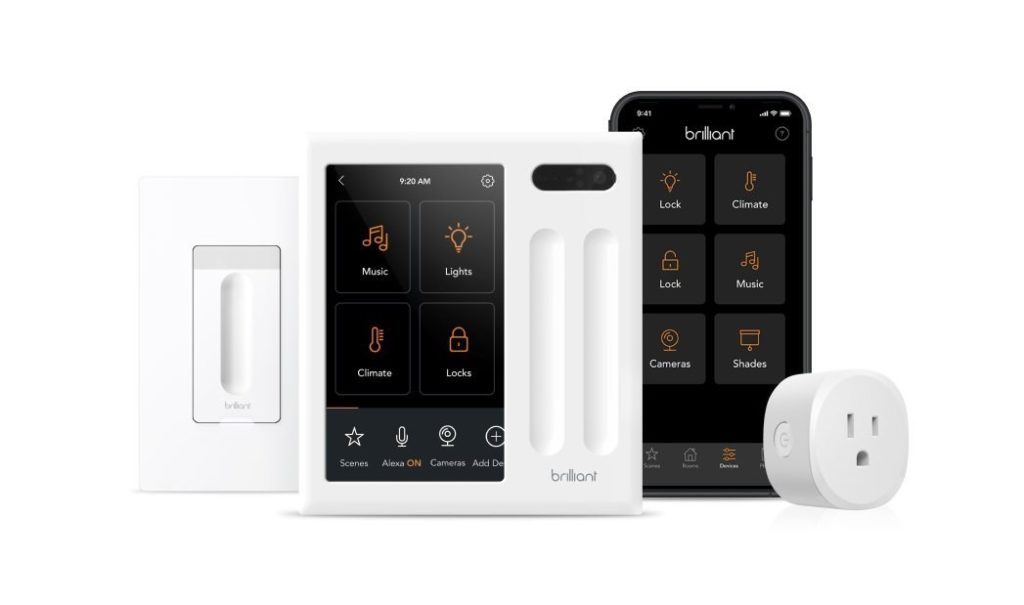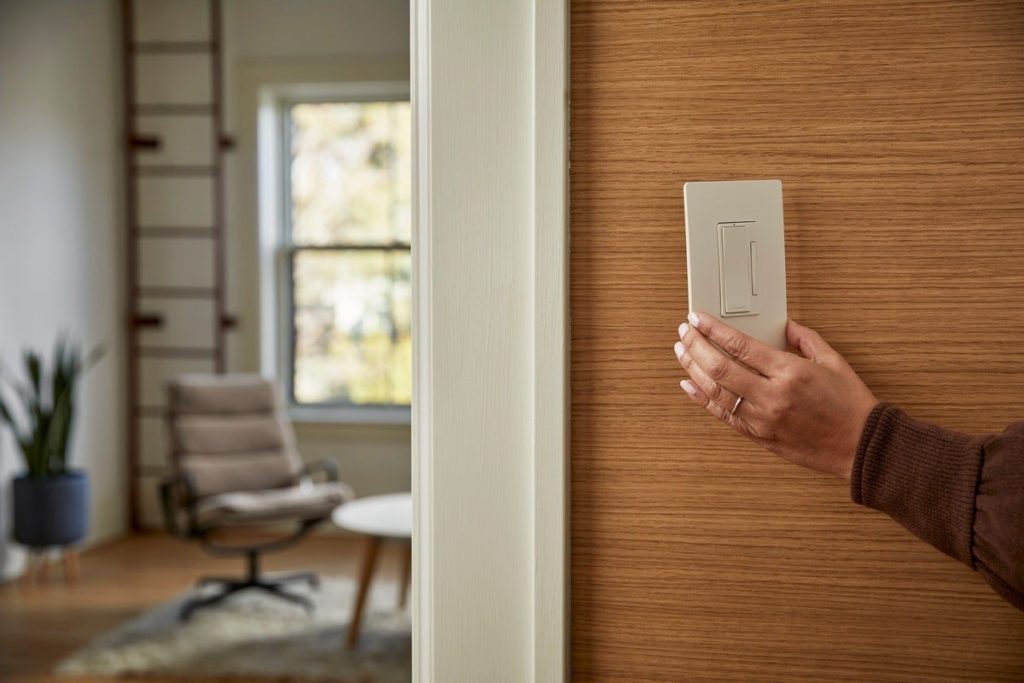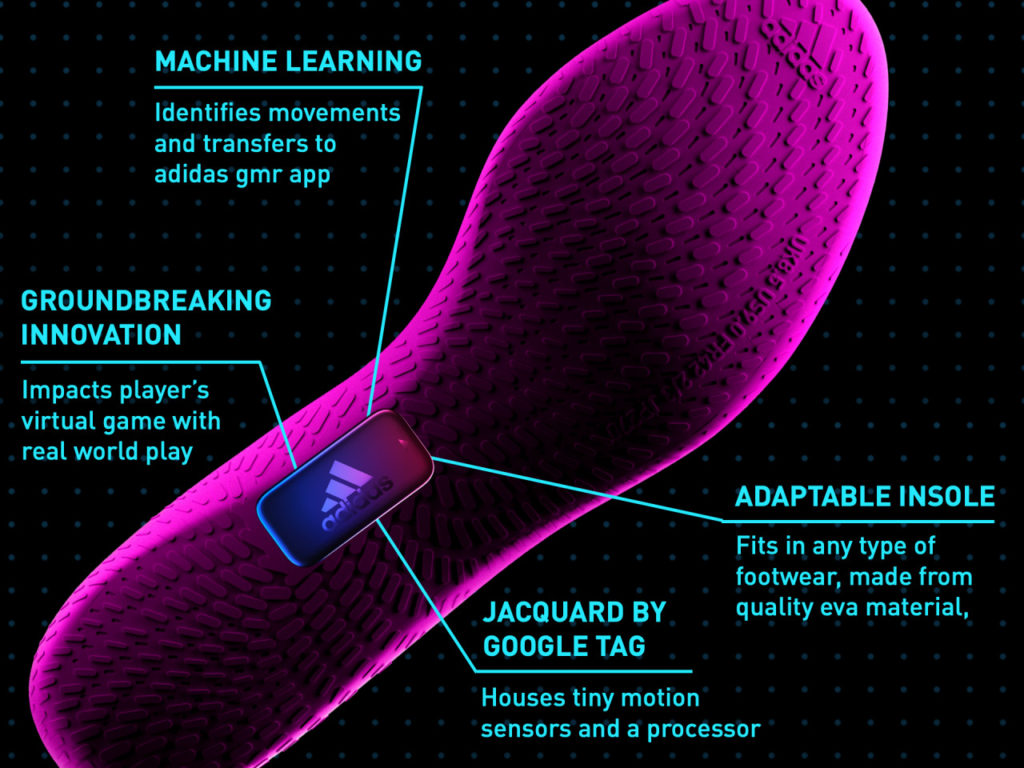We start this week’s show with a look at a new surveillance law in Australia that seemingly obliterates a lot of protections around how law enforcement officials can access data and what they can do with it. We also talk about a survey conducted in the U.S. that shows how willing many Americans are to share their data in exchange for cheaper insurance. From there we cover new fundings for Brilliant, Wirepas, and Carbon Robotics. For those eager for an update on Helium’s 5G plans, the Freedom Fi hotspots will hit the market on Sept. 28. We also have updates on new products and features from the maker of Philips Hue devices, Spotify, Google, and Amazon Alexa. We end with a question from David about how to avoid the problems associated with adding new devices or hubs to his smart home network.

Our guest this week is Charles Young, the EVP and COO of Invitation Homes, a company that leases single-family homes. He’s on the show to discuss how Invitation Homes plans to add smart devices to its portfolio of 80,000 homes and to talk about the challenges of managing that many devices. We discuss the future of predictive maintenance across the portfolio, the savings the company has already achieved, and plans for new features such as video doorbells. We also talk about the perceived longevity for different device types in the smart home. And of course, we talk about how the company handles privacy. It’s a fun interview.
Hosts: Stacey Higginbotham and Kevin Tofel
Guest: Charles Young, the EVP and COO of Invitation Homes
Sponsors: Silicon Labs and Infineon
- In Australia, your data can be modified and searched by law enforcement
- Alternative 5G networks and smart home devices raise VC funds
- Alexa and Google both get new features
- Why Invitation Homes thinks the smart home could help it be more efficient
- It’s pretty difficult to manage 80,000 smart homes
Podcast: Play in new window | Download | Embed
Subscribe: RSS





